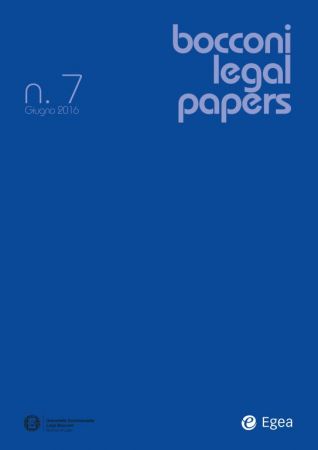BLP
2016/7
The FRAND Defense Up To Huawei/ZTE
On July 2015, the Court of Justice of the European Union (CJEU) rendered its preliminary ruling Huawei/ZTE . The judgment concerned the FRAND defense, specifically whether it constitutes an abuse of a dominant position the act of seeking judicial remedies against the infringer of standard-essential patents (SEPs). The CJEU solved the contrast between the European Commission’s approach showed in Samsung and Motorola decisions, and the German Orange-Book jurisprudence. Pursuant to Huawei/ZTE , an undertaking holding a SEP, encumbered by a commitment to a standard-setting organization (SSO) to grant third parties a license for that patent on fair, reasonable and non-discriminatory (FRAND) terms, does not contravene Article 102 TFEU by asking for prohibitory injunctions, as long as it follows a certain procedure. Central to the FRAND defense is the concept of industry standard, which is any set of technical specification intended to provide a common design or features for a product or process. Standards can either result from the market success of a product over its competitors (i.e. de facto ), either be imposed by public bodies (i.e. de iure ), or can be adopted by SSOs (i.e. de consenso ). The inclusion into standards of proprietary technologies determines the conflict of interests between patentees and standard-implementers; the former might engage in patent hold-up by requesting excessive licensing term backed up by court injunctions, while the latter in patent hold-out by avoiding to take licenses. This paper analyses the case law on the FRAND defense, from its German origins to the European developments, specifically considering the judgment Huawei/ZTE.
L'ACCESSO A QUESTO CONTENUTO E' RISERVATO AGLI UTENTI REGISTRATI
Esegui l'accesso oppure registrati.
